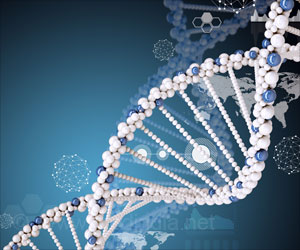‘Coffee lovers should avoid mistakes while brewing to improve their brain health.’
Excessive intake
A recent study in Nutritional Neuroscience found that drinking more than six cups of coffee a day was associated with smaller total brain volumes and a 53 percent increased risk of dementia.
Going beyond this level can lead to abdominal pain, seizures, increased blood acid levels, irregular or fast heartbeat, and reduced blood flow to the heart.
All of these factors over time can decrease your longevity. It can also increase your level of anxiety, insomnia and make you feel tired all the time.
Too much sugar
Refined sugar contains only calories and zero nutrients so excessive sugar intake in coffee may lead to an energy crash, increase the risk of obesity, and even diabetes.
Indeed, a study in Clinical Interventions in Aging found that excessive sugar consumption in older adults is associated with poor cognitive function.
Try to consume less sugar and if possible, replace it with healthy sweetener alternatives like jaggery. Even adding cinnamon powder can be a sweetener to coffee.
Drinking late
Caffeine can be an energy-boosting drink that helps to manage the midday slump. But drinking it after mid-meal can interfere with sleep and keeps us awake till late at night. As caffeine is a stimulant, it remains in bloodstream for long time.
Sleeplessness have several side effects on your health and may even impact your brain functioning. To drink coffee post-lunch time, we can have decaf. It contains less caffeine as compared to regular cup of coffee.
To avoid coffee withdrawal symptoms such as pounding head pain and brain fog, cut down on caffeine intake little by little. Try alternating between regular and decaf coffee, then slowly switch to more decaf.
Source: Medindia



